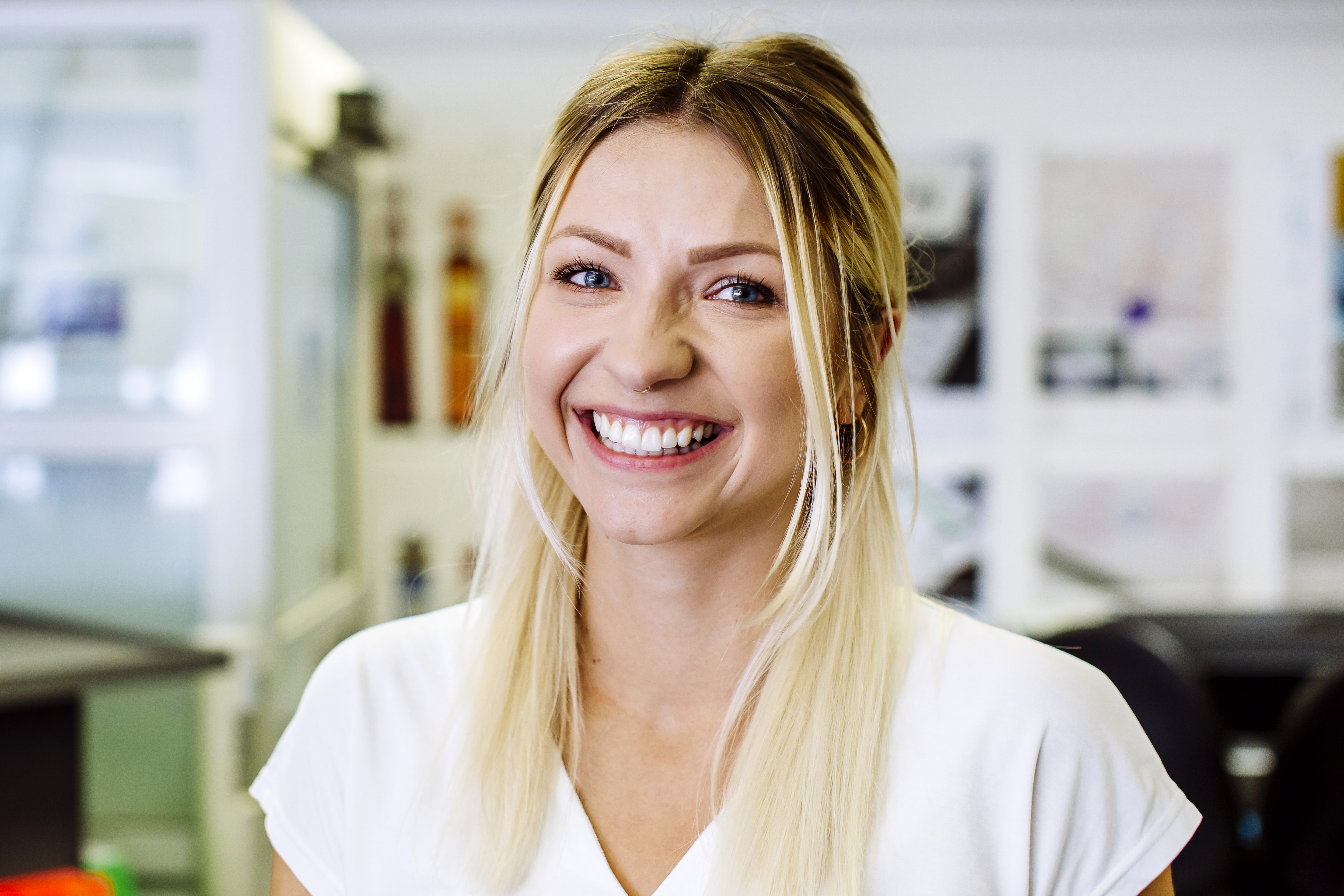[MUSIC PLAYING] MYROPI GARRI: What we actually believe in is to being an ambitious, responsible, and open University. And trying to meet these goals, we decided to launch this course that has these three unique characteristics. It is ambitious, and it is responsible because it has a strong managerial focus.
It goes back to practice, because we address this course to managers. We need people that are deeply engaged in practice. And the main goal is to deliver cutting edge results that will tackle real life problems, generate solutions to these problems, and create a positive impact for all of our stakeholders, including students and the society. So this is ambitious, and this is responsible as well.
And for the online element, online guarantees openness, accessibility, and a wider participation in the University. What does this mean? It means that we need and we want to bring in more people and their insights, their valuable experiences, everything that this diversity has to offer. And of course, the online element comes with an increased flexibility that is so much needed.
It has two phases, it has the taught phase, and the research phase. The thought phase, the thought phase duration is 1.3 years, one year and four months. And it is designed for as I already told you, for students to develop the skills that they need in order to conduct their research in a successful and impactful way.
If you go online and check the success reports, you will see it's one of the top universities in the UK, and number one modern University, if I remember correctly. We have a Gold TEF, which means excellence in teaching. We have great student support services. And we try to support our students holistically, so we have whole teams supporting students, and not just the advisors, and you know. And still, this is the team, and how we try to make the learning experience as complete as possible.
Along with that, it's not just about learning and teaching at Portsmouth. It's also about developing people. So the core characteristic of University Portsmouth, and what makes Portsmouth unique is the added value we put on students. And if you compare the status of students as they were before coming to the University and after coming to University, we have metrics showing the impact the University's had of them in terms of the salaries they are getting after completing the courses, which shows huge increase, the potential we have, the positions they employ, their evolution and development in their careers and in the industry. So if I have to put that in a nutshell, University of Portsmouth is unique because of this unique investment, that it makes to students that is evident in their further progression after finishing our courses.
[MUSIC PLAYING]
First of all, let me tell you, everything is online, OK? So we have a dedicated web page. You can find many important resources there, information about the program, and of course, about the application process. But if you want me to summarize it, you apply online through our website. And the evidence that is needed to support your application is a research proposal, and the personal statement.
It's proof of your first degree and grades. And it has to be officially certified and translated if it is not in English. We need a proof of relevant postgraduate degree, two reference letters, proof of English proficiency if English is not your first language, or if you have not studied in an English speaking University. We need an up-to-date CV, and that's most of it. That's all.
MADELEINE LLOYD: You make it sound so straightforward.
MYROPI GARRI: If you need more information on that and details, I can explain this bit by bit. Let me--
MADELEINE LLOYD: I'm sure-- I'm sure the questions will come in, especially about the research proposal. So at what point along the application phase, or throughout the course itself does a student get linked up to a supervisor? That's another question from Oliver.
MYROPI GARRI: Let me explain how the whole process works.
MADELEINE LLOYD: Please.
MYROPI GARRI: From day one, we have a student applying for the course. The application comes through to me, to the course director. The course director reads the application, evaluates the whole portfolio of evidence. And if it is satisfactory and related to the program, we have some criteria, then we go to the research expert in the University, in the field that the application is made of, or the research is to be made. And along with them, we make an initial decision whether we are interested in the applicant or not.
If there is evidence missing, or if we see some gaps in the portfolio, we reject the application. But if we see a very interesting research proposal, and all the criteria are met, and a good personal statement, et cetera, and we are interested in hearing more, then we will invite the applicant to an interview. And then during this interview, we will have the opportunity to discuss in more detail and more in depth the research ideas, and what exactly their expectations, and to make sure that we are the right program for them, and they are the right applicant for us.
[MUSIC PLAYING]
As mentioned before, for us, the most important element is the interest of the proposed topic. So if we see a very good idea, if we see an idea that we can see that it's going to have an impact, a contribution, that's the very big first step for a successful application. As for the skill set, related experience in the topic is very important, a very good and critical understanding of the requirements of doing the job is important.
But for the research skill set, you don't have to be an experienced researcher. You don't have to have an in-depth understanding of how research works. This is why we have the thought phase. We will help you develop this skill set. The thought phase is designed by very, very experienced colleagues that are very advanced researchers in making sure that you will develop this skill set that is needed in order for you to become a very successful researcher. And you will be able to complete your thesis in a successful way.
You know, what I would like to mention is that our students and alumni will be the bridges, the inbetweeners, the linchpin between theory and practice, because they will have these highly managerial implications, but their managerial practice will be cross fertilized by a very good understanding of theory and how this works. They will be in between that, between the industry and academia. And this is a value of the program. And this is a competitive advantage they will have in comparison to other managers. So this skill set is something that they will develop. We do not expect them to have them on hand before they apply, because we realize the difference and the fact that this is not.
[MUSIC PLAYING]
.png?width=180&height=222&name=UoP_Study%20Online_Stacked%20(1).png)

.png)


